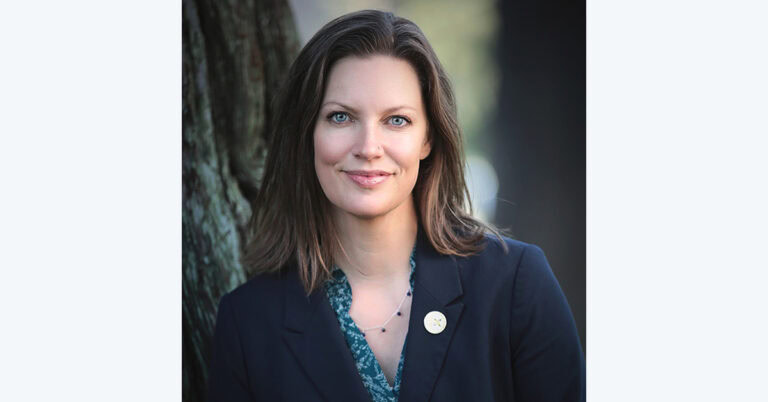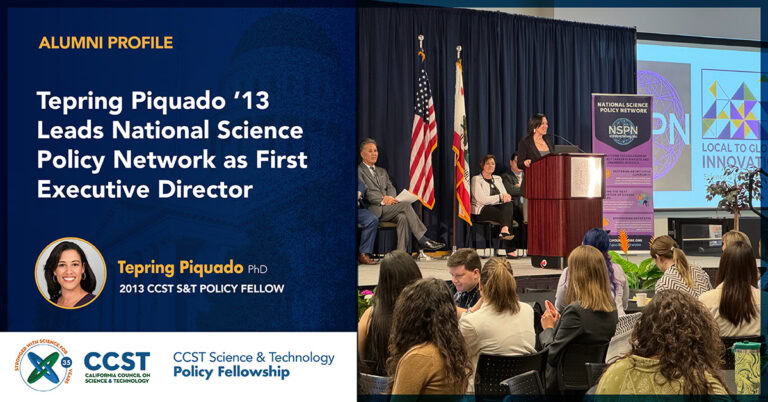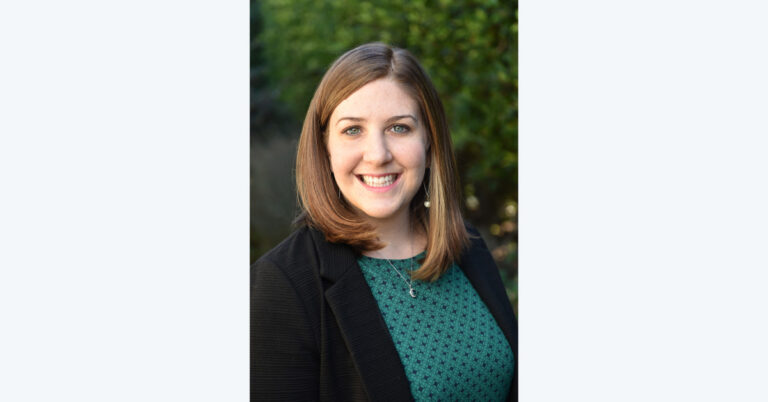Development Specialist
An update on our organizational action plan to promote equity and counter racism
July 8, 2020 | CCST Newsroom, CCST S&T Policy Fellows

Ahmaud Arbery. Breonna Taylor. George Floyd. David McAtee. Rayshard Brooks. Their killings have brought viscerally to light again the continued racism and violence toward Black people. Over the past month, we have been reflecting as an organization and as members of our communities to identify what actions we can take to promote equity and counter racism.
My CCST colleagues and I stand in solidarity with the Black community and other communities that face the profound and ongoing challenges of systemic inequality and institutional racism. We affirm that Black lives matter. We recognize that simply stating our support is not enough. We are reexamining our own programs and practices with the recognition that positive change requires us to listen, learn, and act. Intensifying our listening, especially to our current cohort of CCST Science Fellows and to our other team members, has been critical to our learning. I have become more aware of my own shortfalls and responsibility to do better, both individually and with our CCST team.
I work with an extraordinary team of professionals who care deeply about providing science advice that meets the needs of California decision makers and Californians. Our core mission is predicated on our ability to be credible, independent, and nonpartisan, which is why we feel it is critical to also be explicitly anti-racist. Equality is nonpartisan and silence on institutionalized racism is complicity.
The National Academy of Sciences has identified a crisis in equality of opportunity for Black people and has committed to being part of the change to confront this crisis. The American Association for the Advancement of Science has also acknowledged the “discrimination, subjugation, and silencing of minority colleagues and voices” in the sciences, noting the underlying reasons “are deeply ingrained in the systems that govern the conduct of these fields.” The editors of the journal Cell have put it even more bluntly: “Science has a racism problem.” Racism – both overt and systemic – flourishes in scientific institutions. The field of human genetics has been used repeatedly to rationalize social inequities. Black people have been exploited and intentionally harmed in the name of scientific research: the 40-year Tuskegee syphilis study that withheld appropriate treatment from Black men is only one notorious example. Racism drives extreme disparities in who benefits from science education and research today.
CCST is part of this ecosystem and also has a responsibility to change. We affirm that countering institutional racism is necessary to provide decision makers with access to the diversity of expertise required to meet California’s needs for science and technology advice. CCST recommits to ensuring our programs are inclusive, equitable, and fully supportive of our Black colleagues and all other groups who have historically been the targets of racism and violence. One small part of countering institutional racism and providing meaningful advice is making sure that CCST can support and retain scientists and thinkers who reflect the communities we are seeking to serve and whose experiences and expertise contribute to this goal. We look forward to working with our CCST community to implement the actions needed to create lasting change.
What does this look like? We are committed to developing specific actions. Initial planning for follow-on actions is underway internally with CCST leadership, our staff, and our current cohort of CCST Science Fellows, with an emphasis on the voices of the Black, Indigenous, and People of Color (BIPOC) communities. We know that a lot of learning and consultation will be necessary for developing a robust, specific, and meaningful action plan. We appreciate the passion and leadership our Fellows are demonstrating by participating in this work. We will be reaching out to our alumni CCST Science Fellows and partners to engage them in this effort as well and commit to additional actions upon reflection of those conversations. We will identify specific actions within the following areas of work:
• Redefine our core values as an organization. As an immediate action, we are articulating core values that will guide our business practices, clarify who we are, and articulate what we stand for. These values will reflect that CCST must serve all Californians and support the State’s efforts to achieve racial equity. These values will help us adapt, select, and deliver all of our programs and services. We will hold ourselves and our organization accountable for aligning our actions with our values.
• Integrate a lens of equity into all of our programs and activities. This includes increasing the diversity of experts participating in our reports, briefings, Science Fellows program, and more. We will review and integrate targeted approaches for diversity, equity, and inclusion into our selection processes and training for staff, Board members, and CCST Science Fellows to deliberately promote a culture of growth and accountability for anti-racist conduct. This will require us to hold each other to new and higher expectations relating to self-education, reflection on our own role in promoting systemic and institutional racism, and thoughtful, humble, compassionate discussion. In addition, we will expand the remit of our advice by explicitly considering equity when analyzing data and making recommendations in our reports and expert briefings.
• Listen and learn. We are conducting internal conversations and listening sessions to co-create an organizational climate of diversity, equity, and inclusion. We will continue to identify and take the appropriate steps to ensure that each member of our team, including all CCST Science Fellows, feels valued and supported within CCST.
• Rethink and improve how we train future leaders. For eleven years, CCST has trained scientists who serve on the front lines of policy via our CCST Science Fellows program. Consistent with our approach of continuous improvement, we will train future cohorts to apply a racial equity lens as a critical element of their policy analysis and science translation work. This will include identifying and implementing professional trainings on implicit bias and equity into the formal training program and seminars and extending this training to our staff.
These actions are early steps in implementing CCST’s long-term commitment to building an equitable and inclusive organization that more effectively serves the needs of California’s decision makers and all Californians. We are taking immediate actions while committing to continuing to adapt procedures, messages, requirements, and programs into the future.
Sincerely,
Amber
Amber Mace, PhD
Executive Director
CCST






